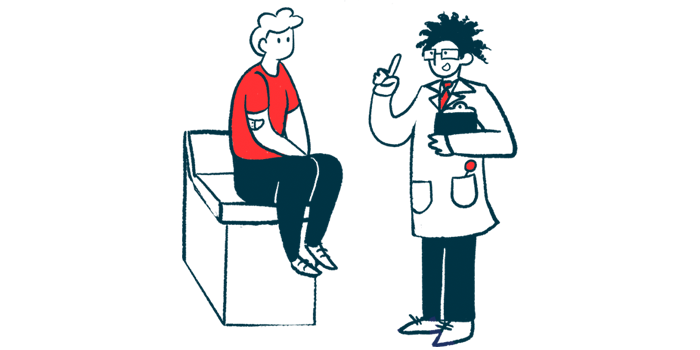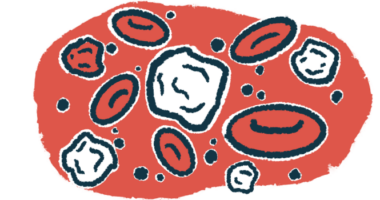More and Better Information Can Help in Managing AAV, Patients Say

People with ANCA-associated vasculitis (AAV) want more disease-related information from their healthcare providers for better self-management, a study based on patient interviews reported.
Patients said they needed better communication about symptoms, relapses, living with AAV, and mental health. This led researchers to call on healthcare professionals to focus on three areas — providing information, the content of the information, and learning prerequisites.
“Our three focus areas of giving information might be helpful for [healthcare providers] in clinical practice when they deliver information to patients and develop patient education [programs] in the future,” the researchers wrote.
The study, “Patients with ANCA-associated vasculitis’ experiences of informational needs: A qualitative interview study,” was published in the Journal of Renal Care.
Disease-related information provided by doctors can be an important component of a patient’s self-management, including recognizing relapses, understanding treatment approaches, and dealing with the psychological consequences of a diagnosis.
Previous studies found that AAV patients wanted more personalized information about their diagnosis and treatment.
Recently, a Danish research team noticed that although clinicians believed they were providing adequate information, many of their AAV patients at Aarhus University Hospital delayed contacting the hospital when a symptom relapse occurred, suggesting they may lack what’s necessary for proper disease management.
To better understand this gap, researchers conducted telephone interviews with 10 of their AAV patients, ages 22 to 73, to identify potential areas of improvement.
While patients were generally satisfied with the information their healthcare providers gave them, they said some needs were not being met, which researchers categorized by themes into three focus areas.
The first focus area concerned how information was being provided. While direct conversations with doctors is appreciated, some patients said they were in a state of shock at diagnosis and not able to take in all the information at that time.
“So, what happens when you get a chronic disease, is what you are thinking oh dear, because the disease is something unclear for you,” stated one patient. “Guaranteed I got a lot of information, but that has just gone through one ear and out of the other, because you are in a state of shock.”
Written information, such as in a booklet, enables patients to revisit the information later. Patients said they preferred a combination of oral and written communication.
The second focus area related to the content of the provided information. Patients felt they needed to know more about how AAV would impact their daily life, including with respect to lifestyle changes and employment, and noted they often had to search online for answers.
“Actually, I think it’s one of the things where I have felt being alone [with everyday questions]. I was rather on my own,” said one participant.
Patients also wanted more information about symptoms and relapse signs. Many said they were unsure which symptoms were causes for concern, and several had experienced signs of disease recurrence without being aware.
“None of the participants in our study had information about what the disease exactly does. They had received information, but no one could remember the information,” the researchers wrote. “Only a few participants had knowledge about the variation of symptoms and about relapse.”
Learning prerequisites, the third focus area, dealt with addressing patients’ psychological needs. Many requested more psychological support from healthcare providers, especially right after a diagnosis, when they were afraid and their mental health suffered.
“It would be great to have more focus on the mental state,” one patient said. “I remember that the doctor said in the beginning ‘That you could get some mental downturns’, uh, but it has not really been followed up afterwards. Focus has been on the concrete, like on numbers and the result of my blood tests etc.”
Lastly, patients expressed a desire for a more supportive peer network.
“You need someone you can lean on, whether it is a food recipe or whether it is a disease. If I didn’t have the two Facebook groups, then I had nowhere to go,” another said.
These themes reflect areas where significant improvements in communication between healthcare providers and AAV patients could be made, researchers noted.
“Our study indicates that patients have an increased need for more and clear information about the disease to react accurately to symptoms possibly leading to relapse and that HCPs [healthcare providers] need more focus on informing patients about their disease. HCPs need to increase patients’ understanding of the disease, symptoms and relapse,” the researchers wrote.
Although the study included only AAV patients, some of these findings likely apply to other diseases, the researchers noted.







